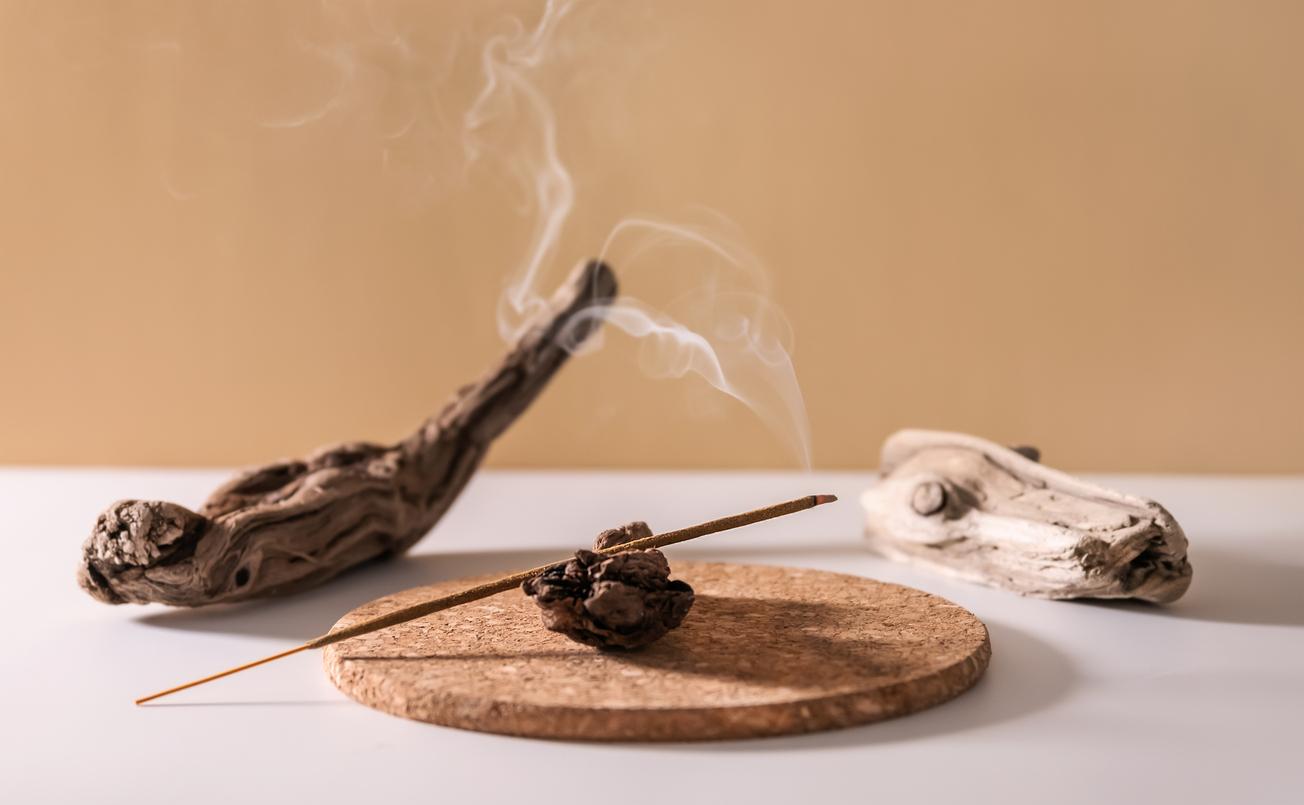Ardisia crenata, or crenellated ardisia, an Asian decorative plant would contain a compound in the name of FR900359 which would be effective in the fight against asthma, according to the results of a study published in the medical journal Science Translational Medicine. These conclusions were obtained on mice and would reveal that this substance would be more active in relieving spasms of the respiratory tracts than the salbutamol, the most common drug used to treat seizuresasthma.
Researchers from the Institutes of Physiology, Pharmaceutical Biology and Pharmaceutical Chemistry at the University of Bonn in Germany, as well as asthma specialists from Nottingham (UK), found that the compound FR900359 present in crenellated ardisia is very effective in preventing bronchial muscles from contracting after testing it on rodents. However, asthmatics regularly suffer from these pronounced contractions preventing adequate ventilation of the lungs. The resulting shortness of breath can be life threatening.
A drug more effective than known treatments
The new compound relieves these spasms and has been shown to be more effective and longer-acting than the most common asthma drug, salbutamol. “However, so far we have only tested the substance in mice with asthma,” says junior professor Daniela Wenzel who researches respiratory disease at the Institute of Physiology at the University of Bonn and author of the study.
New studies are needed to confirm the results in humans.
In France, it is estimated that one in 7 children and one in 20 adults has asthma.
Read also:
Asthma in children: antibiotics often unnecessary
Asthma: how to curb the crisis?
Cough, shortness of breath: what if it was asthma?


















